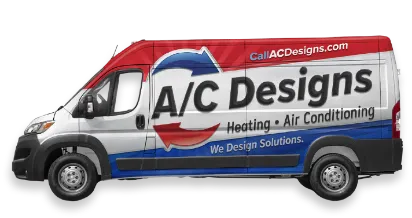What Happens During AC Maintenance?
November 15th, 2021Over the last two years, the home has become an especially popular place to be. But are you taking proper care of it? When was the last time you had an AC unit maintenance check? If you don’t schedule annual maintenance for your home’s AC unit, you are putting your overall well-being at risk. Preventative […]

